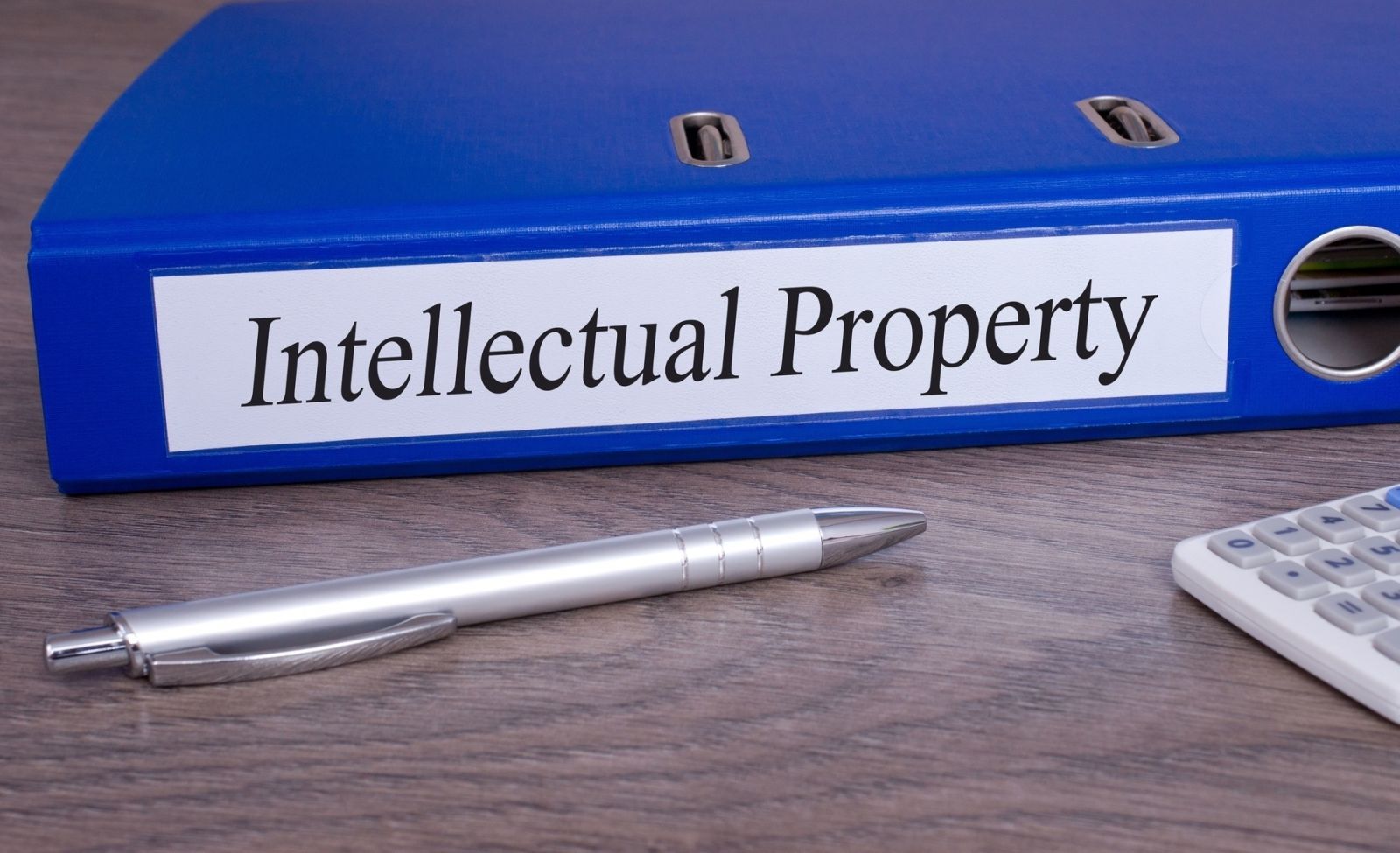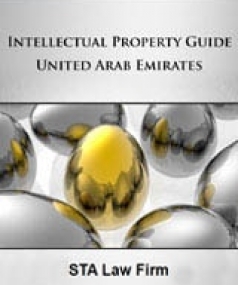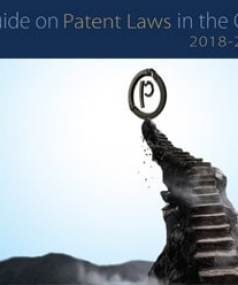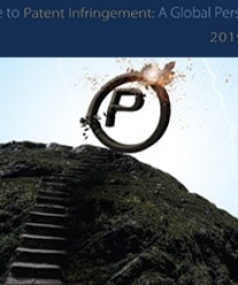 Inventing something new, including a new process or a novel item is often the first step in developing a company and launching a brand-new opportunity for an individual or a group.
Inventing something new, including a new process or a novel item is often the first step in developing a company and launching a brand-new opportunity for an individual or a group.
Each country is responsible for patent registration within its area. In the United Arab Emirates, patent registration is managed by the UAE Ministry of Economy, also known as MOE. Specifically, patents are managed by the Intellectual Property Protection Department, which is also the ministry and department which approves patents.
In the UAE, patents have to meet specific standards to be registered. They must meet the criteria of novelty, non-obviousness, and industrial applicability. In other words, the patent must be for something that is unique, inventive and also has an actual application within a specific industry or across more than one industry.
Patent Rejections
To meet these three requirements is essential for acceptance of the application. The last criteria, or the requirement for industrial applicability, is very important and often overlooked. This limits the granting of patents to inventions that can be produced and used within an industry. Without this requirement, any type of abstract ideal could be patented and held, preventing actual development at a later point in time when technology and manufacturing capabilities catch up to the intellectual concept of the invention.
There are many patent applications that are rejected in the UAE as well as in other registries in international countries. The role of MOE and the specific Intellectual Property Protection Department is to review the application, determine if it meets the criteria and if it can be patented.
In some cases, the specific type of patent may not be in keeping with specific restrictions in the Patent Law. For example, it is not possible to patent a living organism such as a plant or an animal. However, specific scientific processes used in the development of microorganisms and microbiological applications can be patented.
Medical treatment methods, including surgical procedures, mathematical or scientific principles or business methods cannot be patented. Additionally, any invention that is seen to have the potential to violate morals or public order may not be patented in the UAE.
To avoid issues with having a patent application rejected, working with a patent lawyer is highly recommended. Choosing an international law firm is ideal if the invention may be patented in other countries or if there are international considerations in the manufacturing and marketing of the product, item or invention.
Patent lawyers can also be instrumental in determining if patent rights already exist in the UAE for a similar invention. Unlike some countries, it is not possible to complete a search of currently registered patents through an official request or a specific department or website.
Law offices can complete searches through journals of intellectual property which list patents as they are approved and granted. As this can be a time-consuming process without legal support, it is an important resource to use before going through the application process and paying the fees.
The Steps Involved
To file a patent in the UAE, there are multiple steps involved in the process. There is also the need for specific types of documentation which must accompany the original submission of the application.
Each patent application requires the applicable forms to request a grant for a patent. This must be accompanied by information on the applicants for the patent as well as for any details of the authors. This can become complex if the patent is applied for by a company or a business entity. In these situations, the application must include the Articles of Incorporation or the Articles of Association, which need to be certified and legalized through the UAE Embassy. If the applicant is not the inventor, a Deed of Assignment must also be presented with the application. This also needs to be legalized at the UAE Embassy.
In some cases, the application is a priority filing. This requires a priority document that is signed and notarised by a Notary Public in the UAE. When there is a priority document the term for filing the patent application is twelve months from the date on the priority documentation.
In addition to this documentation, all drawings of the invention or concept need to accompany the application. An abstract must also be provided, detailing the specifics of the invention, including its application in industry. All documents must be submitted in both English as well as Arabic within 90 days of the filing of the application.
For foreign companies or inventors, a Power of Attorney can be granted for a UAE law firm or other recognised entity to complete the application process. This power of attorney, which also has to be approved and legalized by the UAE Embassy, will accompany the application documentation.
Upon review and acceptance of the application, the patent is then sent for examination. This process requires additional fees and can take up to two years to complete. During this process, the patent is closely examined for the three criteria, and it is possible that more information and documentation may be requested during this examination period.
Should the patent be rejected, the applicant has sixty days to submit a request to have the application re-examined. Working closely with a patent lawyer to develop a comprehensive argument to address the reason for the rejection is the most effective way to overturn the rejection.
If the patent application is accepted, the Ministry of Economy publishes the patent application information in the Official Gazette of the UAE. There is a window of sixty days for comments. During this time, anyone opposing the granting of the patent can present, in writing, any objections. This must include information as to why the patent should not be granted.
This argument will be heard and considered, with the patent either being granted or rejected based on the argument and objection.
The Time to Obtain a Patent
As can be seen, the journey to obtaining a patent in the UAE can be challenging. With legal representation throughout the process, many of the common delays can be avoided, particularly when it comes to incomplete documentation and incomplete applications.
For most new applications, from initial filing to obtaining the patent, the time frame is about eight years. Companies or individuals with patents for the same item in other countries can use that patent as a basis for filing an application in the UAE, which can speed up the process.
Once a patent has been granted for the UAE, it is in place for twenty years and cannot be renewed. Each year of the term, there is a required patent fee which must be paid to keep the patent valid and prevent it from lapsing. Additionally, and this is a very important consideration, if the company or individual granted the patent does not use it in three years from the date it is granted, a third party must be granted favour or license to produce the item.
With a valid patent in place in the UAE, no other company may produce or copy the invention. This provides the opportunity for the inventory or the company assigned the rights to the invention to fully develop the invention and create a market for their product or service. Visit our Patent Registration in the UAE Q&A for more information.
 English
English
 عربي
عربي Русский
Русский 官话
官话 português
português
 Türk
Türk 














